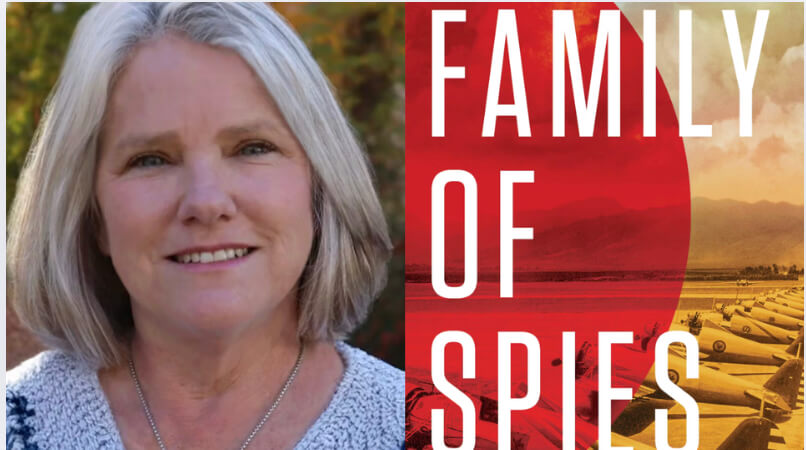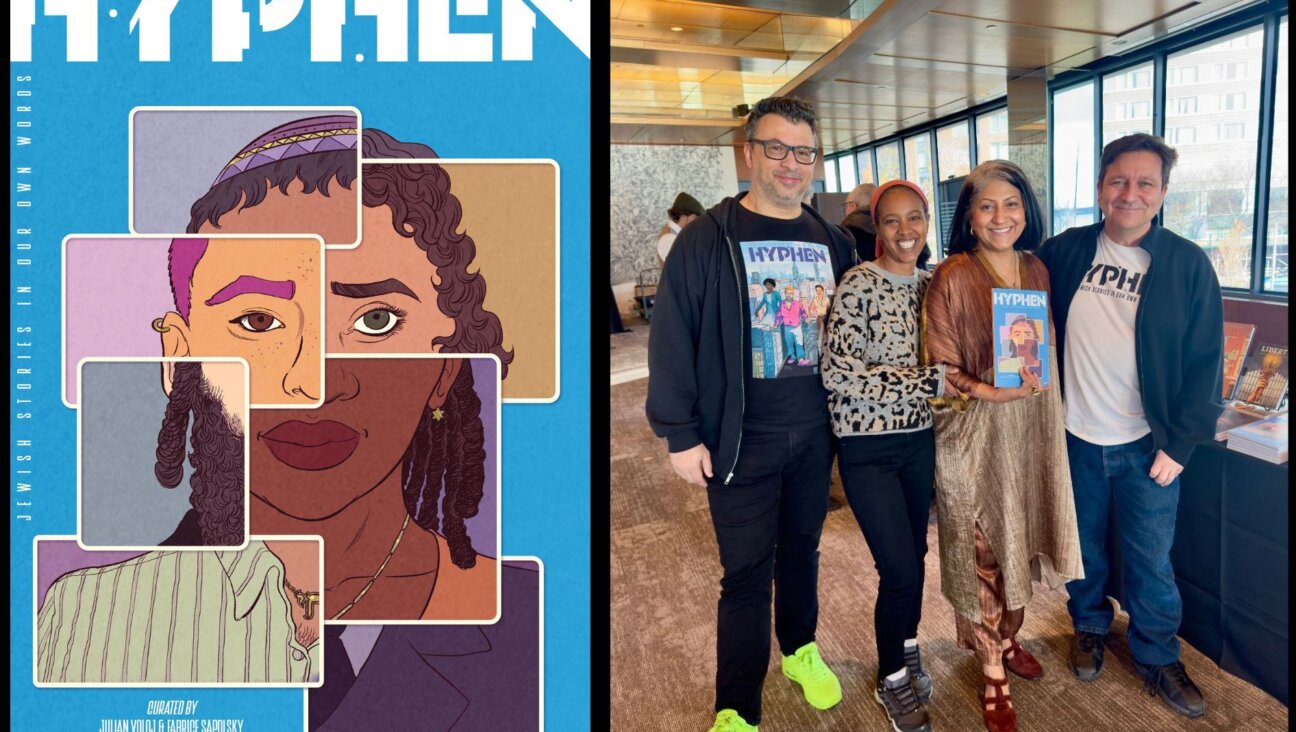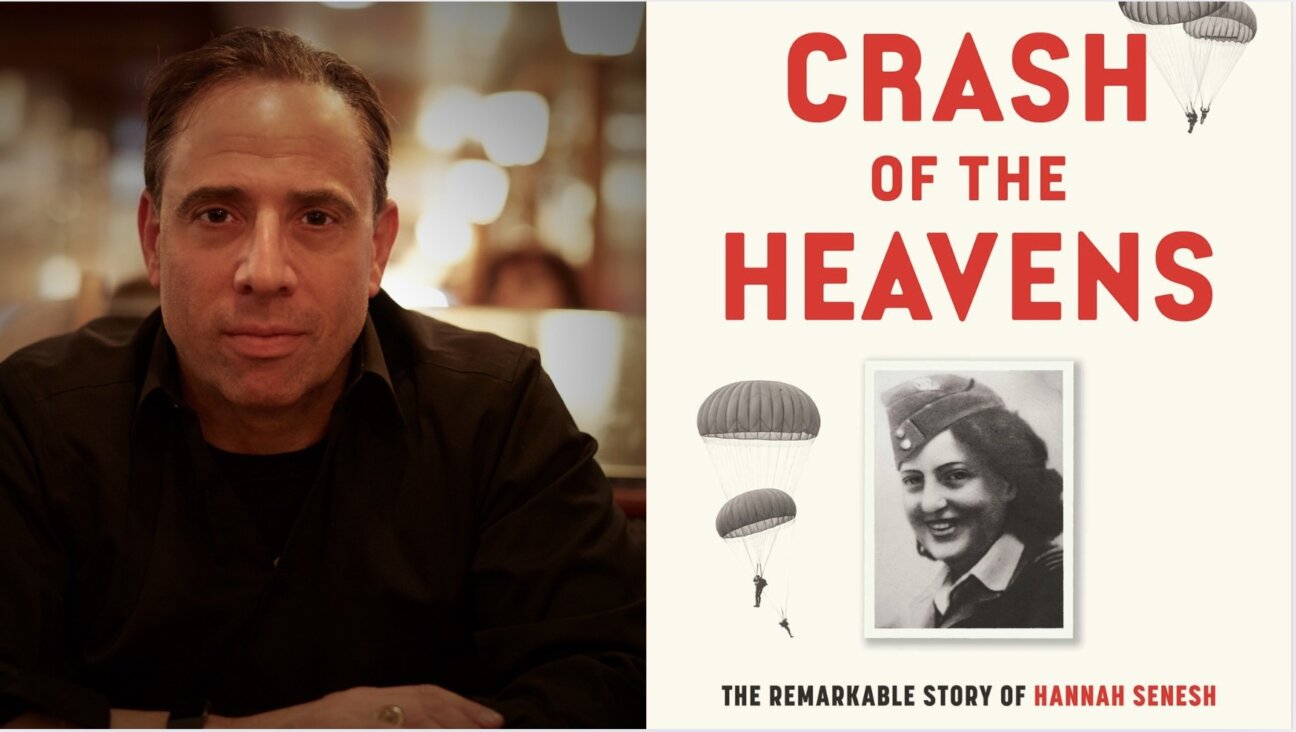Talking to Aharon Appelfeld in Pennsylvania

Graphic by Angelie Zaslavsky
“I’m not looking at Aharon…”
“He’s looking at you.”
It’s not often that professors of literature have a chance to speak about a writer’s work in front of him. This interchange between Iris Milner, of Tel Aviv University, and Yigal Schwartz of Ben Gurion University of the Negev, took place at the International Conference on the Life and Work of Aharon Appelfeld held October 26 and 27 at the University of Pennsylvania. The conference was co-sponsored by the Jewish Studies Program, the Kelly Writers House, the Middle East Center and the Research Institute for Jewish and Israeli literature and Culture at Ben Gurion University of the Negev. It brought together scholars from Israel, the U.S. and France to discuss Appelfeld, author of some 40 books, on the cusp of his 80th birthday.
Appelfeld mostly listened, but also read from his memoir in Hebrew and held a public conversation with Nili Gold, an Associate Professor of Modern Hebrew Literature and one of the four conference organizers. He told the audience that his second grade studies were conducted in the home of a prostitute with whom he sought shelter after fleeing the Nazis in his hometown of Czernowitz, Romania at age 8.
From age 8 to 14 Appelfeld looked for work in villages where only criminals would accept him. He bragged of the “diploma” he holds in stealing horses, and how during those years he learned not to speak but to listen and observe for his own survival. He arrived in Israel at age 14 knowing no Hebrew, and is now one of the country’s most celebrated Hebrew writers. His most recent book to appear in English, “Until the Dawn’s Light,” was published this month by Schocken.
When introducing the first session of the conference, David Ruderman, Professor of Modern Jewish History at Penn and director of its Katz Center for Advanced Judaic Studies, spoke of how he tried to invite Appelfeld to lunch when the writer came to teach at Yale, where Ruderman was also teaching at the time. Appelfeld declined the invitation because he had a prior engagement; Philip Roth and Saul Bellow were coming to New Haven to take him to lunch. Appelfeld also published a conversation with Roth, along with three of Appelfeld’s own lectures, in a 1993 book, “Beyond Despair,” which has been called Appelfeld’s “masterpiece,” by Leslie Epstein, director of the creative writing program at Boston University and another conference presenter.
No matter what company he keeps, Appelfeld seems to have remained a modest person, more interested in writing than in speaking. When I asked him why he wasn’t staying in the U.S. for longer than a few days, he said, “sofer tzarich li’chtov, lo li’daber” — “a writer must write, not speak.” When asked by Gold what message he had for young American students, he told her and the audience that he believes not in messages but in words. He said that in his books he gives others something of himself, the ability to understand another. For that, all his readers are grateful.
















